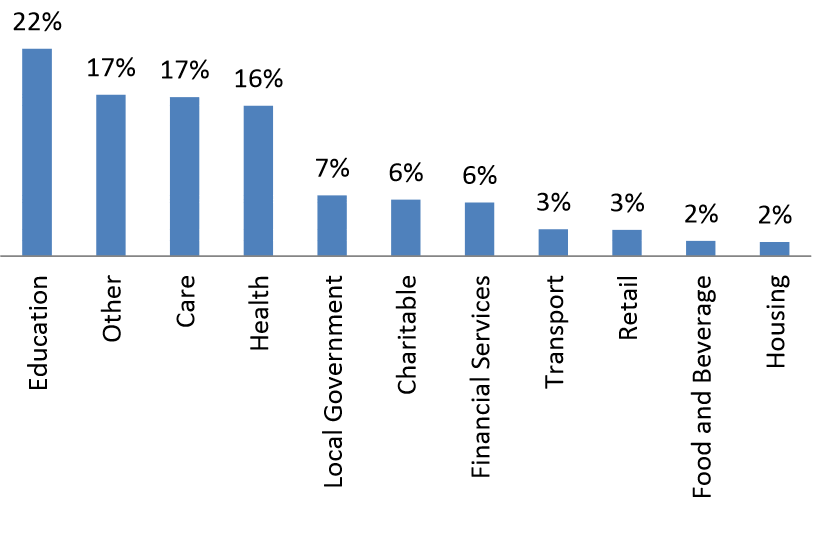Blowing the whistle on Whistleblowing and how to tackle it
Investigation 7th August 2015
Public Concern at Work (PCaW) has compiled a report using its own and YouGov survey data, available here. The UK Whistleblowing Report 2nd edition.
This report has highlighted some surprising issues.
What happens when the whistle is blown?
- Almost 80% of whistleblowers suffer some sort of reprisal after raising a concern.
- 52% of employers deny or ignore whistleblowing concerns
- 50% of individuals who whistleblow are either dismissed or victimised/disciplined by their employer
- 35% of employers admitted the concern was worth investigating
- 24% of whistleblowers resign after raising the issue
- 15% of workplaces improved after the whistle was blown
- 7% of organisations didn’t change after the whistle was blown
- 1% of whistleblowers were thanked or rewarded by their employers.
What were their concerns?
- The most frequently reported concern was financial malpractice
- 49% from the care sector were concerned about abuse of a vulnerable person, 14% about patient safety, and 10% about public safety
- 50% of whistleblowers in the health sector were concerned about patient safety
- 28% of whistleblowers from the education sector reported ethical concerns, and 25% of raised public safety concerns
Breakdown by sector of calls to PCaW
What you should do
Aim for an open culture where issues can be raised constructively and dealt with promptly and fairly. Achieve this, and you minimise other negative consequences of whistleblowing: anonymous leaks; bad publicity; costs and compensation; lengthy investigations; litigation; and regulatory inspections.
The actions you can take, following the Francis Report Freedom to speak up, can be divided into three groups:
- High-level
- Operational
- Review and reporting
Momentum for implementing whistleblowing systems and embedding an open culture is gathering pace: The Francis Report, and the PRA and FCA joint consultation, are just two high-profile examples. Implementing the necessary changes means creating an open culture and making responsibility for good practice widespread This will lead to fewer claims under PIDA – and more energy and activity for developing the performance of your business.
